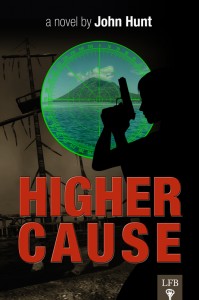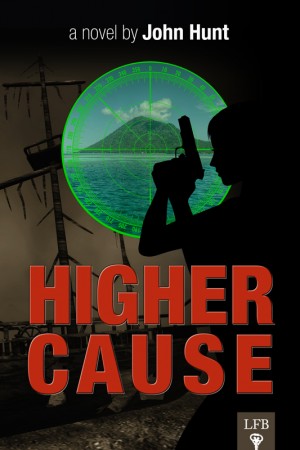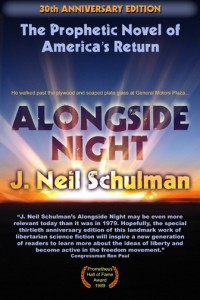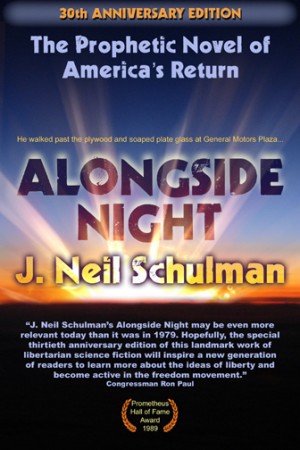Orphan Black is a new science fiction television show produced by BBC America and Space, starring Canadian actress Tatiana Maslany. I recently discovered this series, the first season of which just finished airing in the beginning of June 2013, and I plowed through all 10 episodes in two days. It’s a smart, complex, often dark yet at times quite funny, and well-paced show with a continuous narrative arc that explores the issues of identity and intellectual property. There is fine acting all around but the two standouts are Tatiana Maslany, who plays many roles on the show for which she deservedly won a Critics’ Choice Television Award for Best Actress in a Drama Series, and Jordan Gavaris, who plays the foster brother of one of Maslany’s characters.
Minor spoilers follow, but everything I mention is revealed in the first episode or featured prominently in the official publicity for the show.
The science fiction element of the show is pretty low key. You won’t see much in the way of futuristic technology in this series. Instead, the plot revolves around the controversial subject of human cloning and the early stages of body modification and genetic engineering. Who are we if we are not biologically unique, if there are others out there who are genetically identical to us? How much would our experiences and personal choices shape who we become despite this? What would you do if you encountered to your surprise not one but two or three or more other people who look exactly like you? What is it that makes us human? These are some of the questions explored in Orphan Black.
The series begins by introducing us to the main character of the show, Sarah Manning, played by Maslany. Sarah is an orphan, born in Great Britain, raised by a foster mother, and moved to Canada at an early age. Now a young woman, we meet her trying to escape a wild life of crime, drugs, and an abusive boyfriend. Sarah aims to get her life back together, reclaim custody of her daughter Kira from her foster mother Mrs. S, and scrounge up enough money to make a new life somewhere for herself, her daughter, and her foster brother Felix (played by Gavaris).













